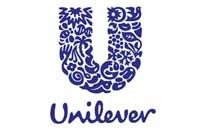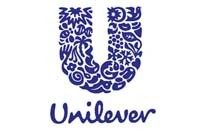Unilever to divest ice cream unit, cut 7,500 jobs in cost-saving drive


Unilever announced on Tuesday its plans to spin off its ice cream unit, cutting 7,500 jobs as part of a new cost-saving initiative.
The move comes as the consumer goods giant aims to improve operational efficiency and refocus on core brands.
Shares in Unilever, one of the world’s largest consumer goods companies, surged nearly six per cent in response to the announcement.
The process will begin immediately and is expected to continue until 2025, with the ice cream business transitioning to a separate head office in Amsterdam, a statement reads.
“We are in the process of moving to a separate head office in Amsterdam and are open to options regarding where it could list,” said Unilever CEO Hein Schumacher in a conference call.
The decision received positive feedback from stakeholders, including activist investor Nelson Peltz’s fund and Unilever shareholder Aviva. Peltz’s fund, which holds a 1.45 per cent stake in Unilever, supported the company’s strategic initiatives. After the announcement, Unilever’s shares surged in early trading, reflecting investor optimism.
Future plans for growth
The company aims to achieve mid-single-digit underlying sales growth and modest margin improvement post-spinoff, with the ice cream division currently contributing approximately 16 per cent of the company’s global sales. The cost-saving program, targeting around 800 million euros (US$869 million) in savings over the next three years, will primarily impact office-based roles, with restructuring costs projected to amount to around 1.2 per cent of overall turnover.
“The decision to spin off the ice cream division aligns with our strategy to simplify the business and focus on our key brands,” Schumacher said.
The job cuts, which affects approximately 5.9 per cent of Unilever’s global workforce of about 128,000 employees, will streamline operations and improve efficiency across all organizational levels, the company says.
“We are looking across the organization, including our head office, corporate center, business group coordination points, and business units in countries,” Schumacher explained.
By prioritizing 30 key brands representing 70 per cent of sales, Unilever says it aims to optimize its market presence and drive sustainable growth in the long term.
“We have a big agenda. This is going to be a very busy period for the next 18 months or so,” Schumacher affirmed, highlighting the company’s proactive approach to navigating industry challenges and capitalizing on emerging opportunities.
Source: grocerybusiness.ca

